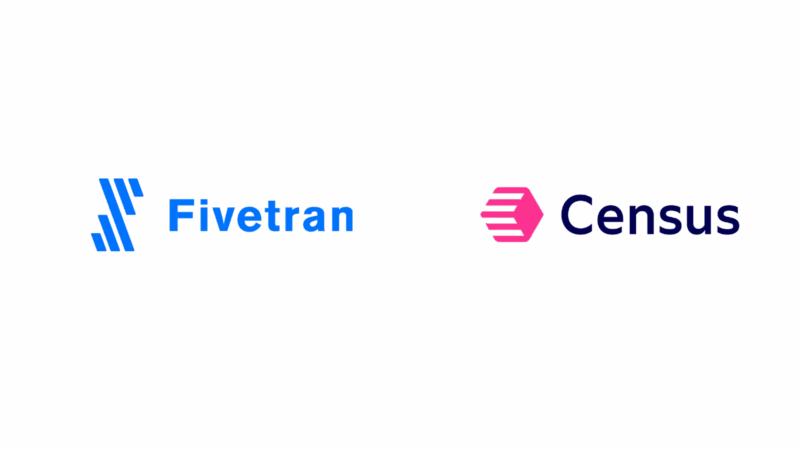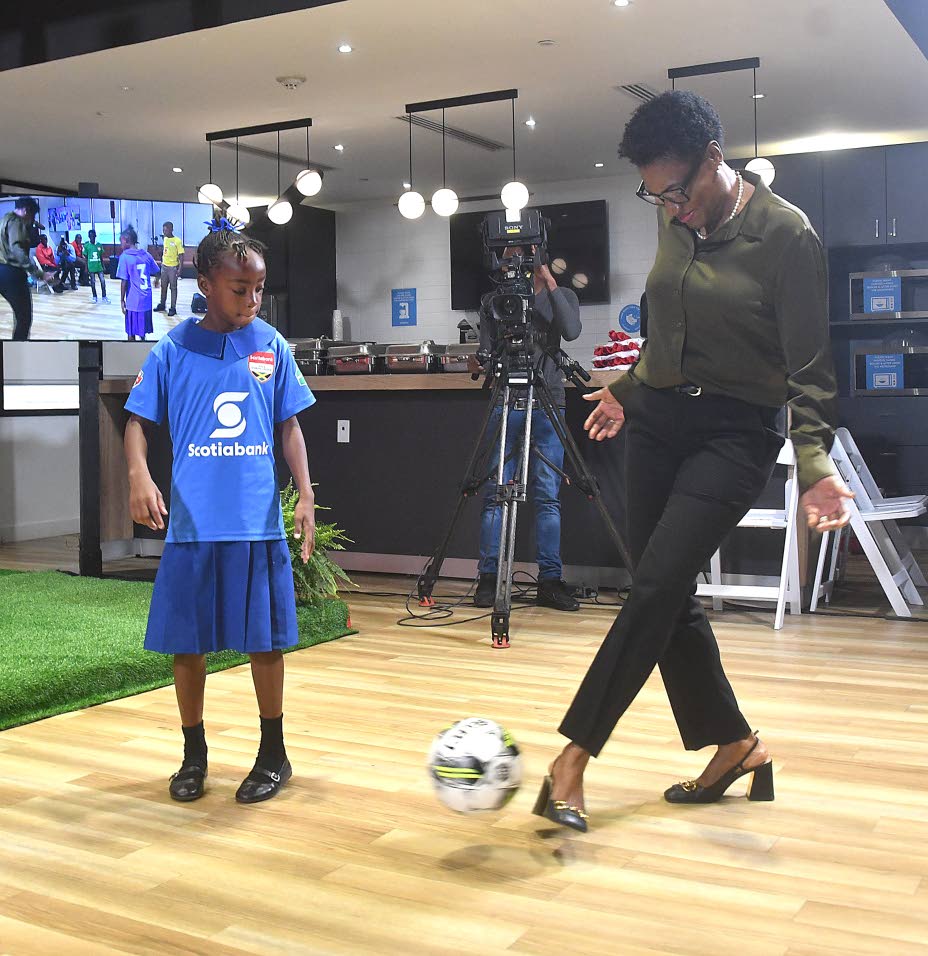English communication: PH's next IT-BPM differentiator

THE Philippines has long held a special place in the global outsourcing industry. With a unique combination of cultural compatibility, talent depth, and English fluency, the country has become a preferred destination for customer support, tech services, and, more recently, health care outsourcing.
But as the digital economy matures, client expectations are shifting — and fast. The global companies that once looked to the Philippines solely for cost-effective service now expect strategic value, deeper specialization, and seamless communication across multiple touchpoints. In this evolving landscape, English proficiency is no longer a baseline requirement — it's a performance differentiator.
During a recent visit to the Philippines, I had the opportunity to meet with IT-BPM and BPM (business process management) leaders who are at the forefront of this transformation. Across conversations, a few recurring themes emerged: the growing demand for CEFR-aligned English benchmarks, the rapid rise of health care outsourcing, the centrality of AI readiness, and the need to reframe how English proficiency is assessed and understood in a corporate — not academic — context.
From fluent to future-ready
Perhaps the most striking insight was the central role of CEFR — the Common European Framework of Reference for Languages — in outsourcing contracts. International clients increasingly require BPM providers to report the CEFR levels of employees assigned to their accounts. It's no longer enough to say someone "speaks English well"; clients want a recognized international benchmark — and they want it fast.
This demand for CEFR readiness is changing the game. Companies that can quickly, credibly assess English proficiency at scale — often through shorter, more targeted assessments — are gaining a clear competitive edge. Fast CEFR turnaround is becoming a differentiator in bidding for and retaining global accounts.
Rise of health care outsourcing
Another insight that emerged clearly is the rapid growth of health care outsourcing. As this sector expands, so does the complexity of communication. Associates aren't just handling transactional calls — they're navigating sensitive interactions that require empathy, clarity, and a strong grasp of industry terminology.
This isn't an area where companies can afford miscommunication. The need for targeted English skills — particularly in listening and speaking — has become critical, and assessment tools must reflect the real-world nature of these exchanges.
AI readiness is real
It's impossible to have a conversation in the Philippine IT-BPM space without hearing about AI. Whether it's streamlining workflows, powering chatbots, or creating efficiencies in training and quality control, AI is seen as both a disruptor and an enabler.
But while AI is transforming how work gets done, it also raises the bar for human capability. As AI takes over repetitive tasks, what remains are the complex, nuanced interactions that only humans can manage — and those depend on exceptional communication skills.
This is where smart, AI-backed assessment tools are proving essential — not just for screening talent, but for shaping training paths, measuring improvement, and providing insight at speed and scale.
Reframing english assessment
One of the more surprising things I heard from partners was that TOEIC, while globally recognized, has sometimes been misunderstood in the Philippine market — as a tool for academic evaluation rather than workplace readiness.
But in fact, TOEIC was built for the corporate world. It measures how well people can communicate in real job settings — from writing a professional email to listening to a client on a call. The distinction is important. Academic English is about theory and testing for school. Workplace English is about performance — can you collaborate, clarify, persuade, and solve problems in real time?
The Philippines is ready for this shift. Companies are no longer satisfied with traditional, one-size-fits-all assessments. They're asking for tools that are job-relevant, faster, and easier to implement. And they're eager for solutions that speak the language of business — not academia.
Wake-up call for english proficiency
The Philippines has long been a leader in English proficiency in Asia, and while this remains strong, other markets — Eastern Europe, Latin America, and Vietnam — are rapidly closing the gap. This is a reminder that there is a continual need to reinvest in English communication — not just for national pride, but for economic sustainability. If the Philippines wants to remain the preferred destination for high-value outsourcing, improving English skills is essential.
What the region needs
These insights, gathered directly from business leaders in the region, are what inspired ETS to create TOEIC Link — a new modular, online English assessment designed specifically for the modern workplace. It reflects what the market is asking for: CEFR alignment, AI-enhanced scoring, faster turnaround, and corporate-relevant content. While TOEIC Link is just one part of the broader talent development puzzle, it represents a shift toward smarter, more agile solutions in language assessment.
Because in today's outsourcing industry, English isn't just a language — it's a currency. It buys trust, drives efficiency, and creates value for clients around the world.
The way forward
The future of the Philippine IT-BPM sector isn't just about tech adoption or cost competitiveness — it's about talent readiness. As automation changes the nature of work, human skills like communication, critical thinking, and empathy will define success.
To stay ahead, companies need to do more than recruit for English skills. They need to measure them accurately, benchmark them globally, and develop them continuously.
In this next chapter of growth, the companies — and countries — that invest in communication will lead the conversation.
Pushkar Saran is the executive director for Southeast Asia & South Asia – Institutional Products at Educational Testing Service (ETS), a global leader in education and talent solutions. ETS is the creator of the TOEIC tests, used by over 14,000 organizations worldwide to assess English communication skills for the workplace.
What's Your Reaction?
 Like
0
Like
0
 Dislike
0
Dislike
0
 Love
0
Love
0
 Funny
0
Funny
0
 Angry
0
Angry
0
 Sad
0
Sad
0
 Wow
0
Wow
0









































